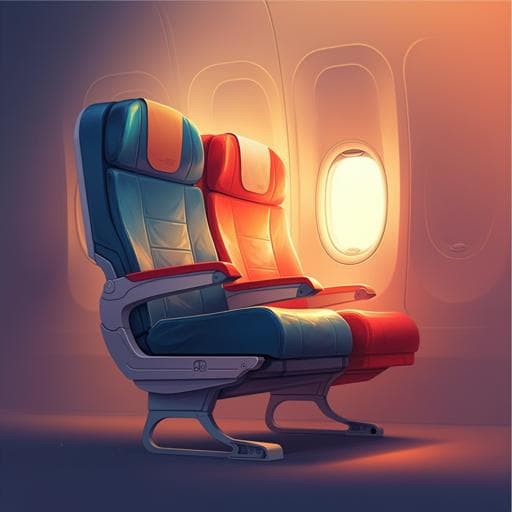
Transportation
The factors affecting people's willingness in participating in and paying for upgrading their seats from the economy class to the premium class
C. Kuo, R. Jou, et al.
This captivating study by Chung-Wei Kuo, Rong-Chang Jou, and Yi-Chun Chiu explores the intriguing factors that drive passenger participation in airline seat upgrades and their willingness to pay. Discover how age and familiarity with bidding affect participation differently for short and long-haul flights, revealing surprising insights into consumer behavior.
Related Publications
Explore these studies to deepen your understanding of the subject.







